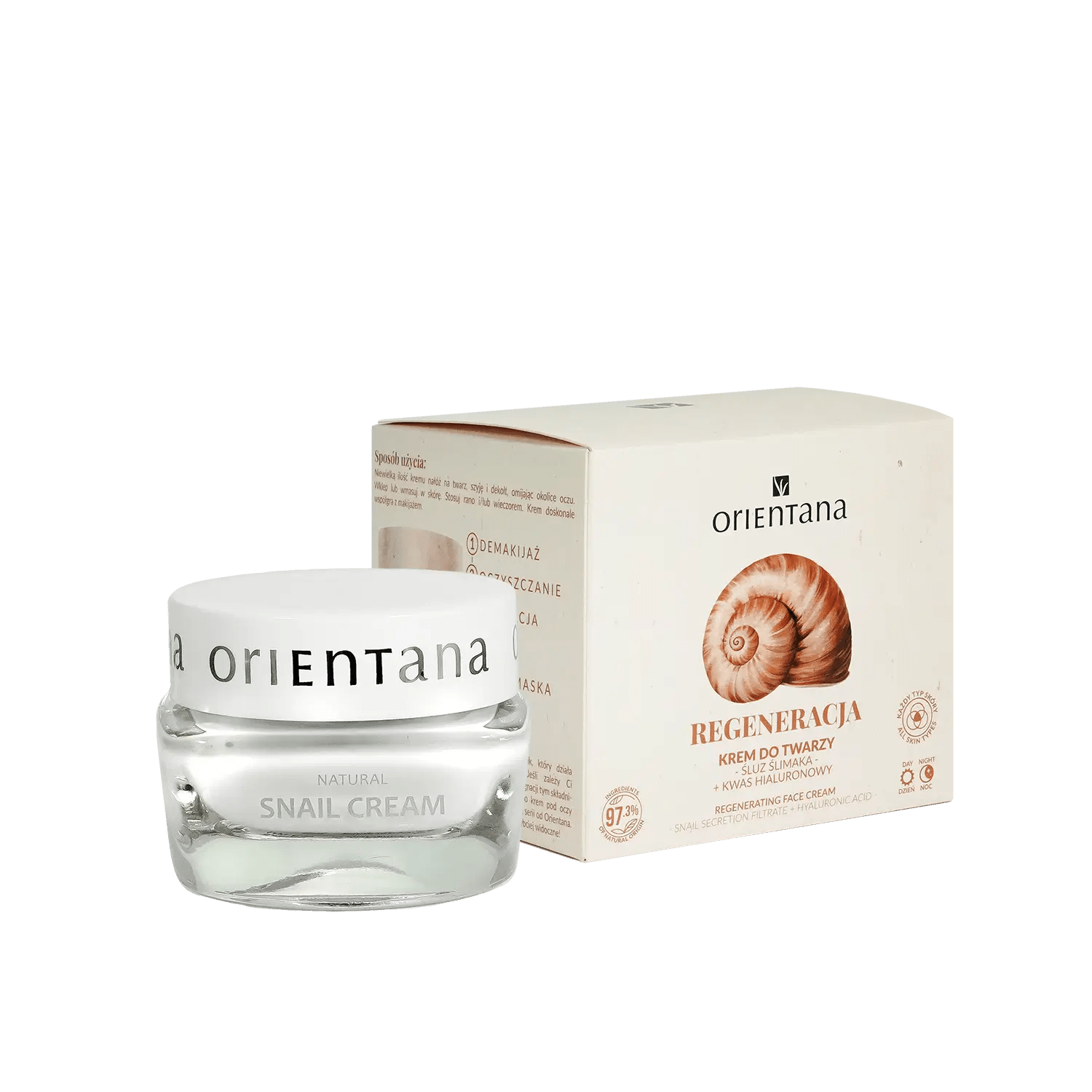
Natural collagen – what is worth knowing?
Collagen is one of the most frequently repeated words in the world of cosmetology and aesthetic medicine. And for good reason – it's the most important supporting protein in the human body, constituting approximately 30% of all proteins and as much as 70–80% of the dry weight of the dermis. In recent years, natural collagen has received particular attention – both in dietary supplements and cosmetics. What does this term mean? How does natural collagen work, and is it actually better than synthetic substitutes?
Natural collagen is a protein found in living organisms – humans and animals. It is composed of amino acids (glycine, proline, hydroxyproline), which form a characteristic triple helix, responsible for its strength. There are 28 types of collagen in the human body, of which the most important for skin are:
type I collagen – responsible for firmness and elasticity,
type III collagen – gives the skin softness and elasticity,
type IV collagen – builds the basement membrane of the skin.
Natural collagen in cosmetics and supplements most often comes from marine fish (fish collagen is considered the most bioavailable), and less frequently from cattle or pigs. There's also phytocollagen obtained from algae and yeast – ideal for vegans.
The skin aging process is inextricably linked to a decline in the quantity and quality of collagen. Research indicates that:
After the age of 25, collagen production decreases on average by 1–1.5% per year,
During menopause in women, the rate of collagen loss accelerates by up to 30% in the first 5 years,
After the age of 60, the amount of collagen in the skin may be half of what it was in youth.
Collagen fiber degradation is also influenced by external factors: UV radiation, smog, free radicals, stress, and a diet low in protein and antioxidants. This is why skin loses firmness, wrinkles appear, and wound healing becomes slower.
Natural collagen differs from its synthetic counterparts in structure and bioavailability:
Natural collagen (animal or fish) contains complete amino acid sequences, which allows it to better support tissue regeneration. Fish collagen has a bioavailability of up to 84%.
Hydrolyzed collagen – subjected to a process of enzymatic breakdown into peptides that are more easily absorbed in the digestive tract.
Synthetic collagen – produced in a laboratory, often used in medical biomaterials. In cosmetics, it serves more as a protective film than as an actual skin repair agent.
Biotechnological collagen (phytocollagen) – produced by microorganisms (e.g. Pichia pastoris yeast) or obtained from algae, ideal for vegans.
Although collagen is a protein that cannot be obtained directly from plant sources, diet can effectively support its synthesis. It's worth reaching for:
fish and seafood,
bone broths,
eggs (especially the shell membrane rich in collagen),
products with vitamin C (citrus fruits, peppers, rosehips),
silicon (millet, nettle),
copper (nuts, cocoa).
Studies show that consuming 10g of hydrolyzed collagen daily for 3 months improves skin hydration and reduces the appearance of wrinkles by up to 20%.
Collagen in cosmetics primarily acts on the surface, creating an occlusive film, retaining water, and smoothing the epidermis. However, when combined with other active ingredients, it can stimulate fibroblast activity.
In cosmetology we often encounter:
marine collagen – intensively moisturizes,
native collagen – creates a protective film,
collagen peptides – stimulate fibroblasts.
It is worth choosing cosmetics that combine collagen with vitamin C, retinol, adaptogens or hyaluronic acid – such formulas provide the best results.
The effectiveness of collagen supplements is confirmed by numerous studies. Example:
A 2019 study (Journal of Drugs in Dermatology) found that 8 weeks of fish collagen supplementation improved skin elasticity by 15% and hydration by 20%.
Another study (Nutrients, 2021) confirmed that collagen hydrolysate supplements reduce the appearance of wrinkles and support joint regeneration.
Fish collagen is best absorbed in the form of hydrolysate – it has the lowest molecular weight, so it quickly penetrates the bloodstream.
The beauty world is moving towards biotechnology. More and more vegan alternatives to collagen are emerging, for example, from yeast, which synthesizes a protein with properties similar to human collagen. Collagen stimulants, such as polylactic acid and platelet-rich fibrin, are also used in aesthetic medicine.
Can natural collagen be used at any age?
Yes. After the age of 25, it's worth supporting collagen synthesis – both through diet and skincare.
Is there vegan collagen?
Not in the traditional sense. True collagen is found only in animals. Vegan alternatives include biotechnological phytocollagens from algae and yeast.
How long does it take to see the effects of collagen supplementation?
The first effects appear after 8–12 weeks of regular use.
Does natural collagen in cosmetics really work?
Yes, but mainly on the skin's surface—smoothing and moisturizing. Deeper effects are achieved with supplementation and fibroblast stimulation.
Can collagen be used during pregnancy?
Natural collagen in cosmetics is safe. Supplementation should be consulted with a physician.
Does collagen only support the skin?
No. It is also important for the health of joints, bones, blood vessels, and even intestines.
How much collagen does the body need daily?
For visible anti-aging effects, 5–10 g of hydrolyzed collagen per day is recommended.
Does a vegetarian diet promote collagen production?
Yes, as long as it contains a lot of vitamin C, amino acids and minerals – although collagen as a plant protein is not found.
Does UV radiation really destroy collagen?
Yes, sun exposure accelerates the degradation of collagen and elastin fibers, leading to photoaging.
Does stress affect collagen?
Cortisol increases inflammation and oxidative stress, which accelerate collagen loss.
Is it possible to rebuild collagen in the skin?
Yes, thanks to stimulants (retinol, vitamin C, peptides, PHA/AHA acids) and supplementation.
Summary
Natural collagen is the foundation of youthfulness – it's responsible for the skin's firmness, elasticity, and healthy appearance. As we age, its quantity declines, so it's worth supporting its production with a proper diet, supplements, and cosmetics. Natural collagen works effectively, especially when combined with other active ingredients.
👉 If you want to take comprehensive care of your skin, choose cosmetics with natural collagen and supplements that will provide your body with building blocks from the inside.





